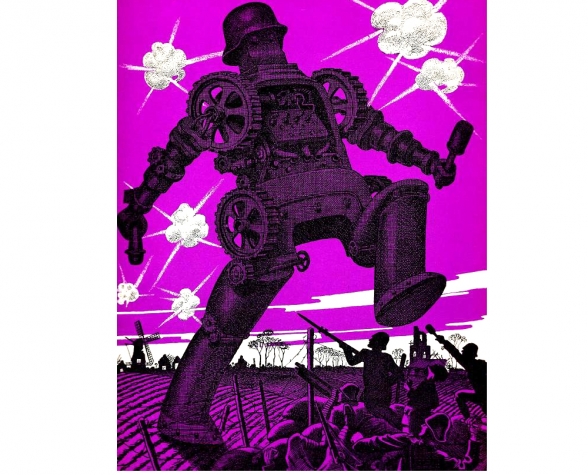

London appointed ‘official’ military journalists and set up the War Office Press Bureau, an agency that processed stories and distributed them to newspapers (few civilian reporters were ever let near the front lines). Press censorshipĬontrol of the press and communication media was particularly stringent. Westminster was also given the power to imprison suspected enemy agents without trial and court-martial and execute civilians. Under Defence of the Realm provisions, the British government was permitted to use censorship, both in the press and on private correspondence. It also gave it sweeping powers to secure Britain from internal threat or invasion. This legislation authorised the government to mobilise for war. An island nation within reach of German aircraft and boats, Britain feared the prospect of infiltration – or worse, invasion – by the enemy.Ī week after the declaration of war, the Westminster passed the Defence of the Realm Act.

Several major powers initiated a system of total war almost from the outset. They also raised war loans and made extensive use of propaganda.

Wartime governments also acted to protect national security by implementing press censorship, curfews and strict punishments for breaches and violations. Resources like ships, trains or vehicles were commandeered for military purposes. Ministers and departments took control of economic production, nationalising factories, determining production targets, allocating manpower and resources.Ĭonscription was introduced to bolster military forces. Governments played an active and interventionist role, passing laws and implementing policies that would be considered intolerable during peacetime. In ‘total war’, a term not coined until the 1930s by German general Erich Ludendorff, the entire nation was called into the service of warfare, rather than just its military. 7 France’s war economy Nations called to service


 0 kommentar(er)
0 kommentar(er)
